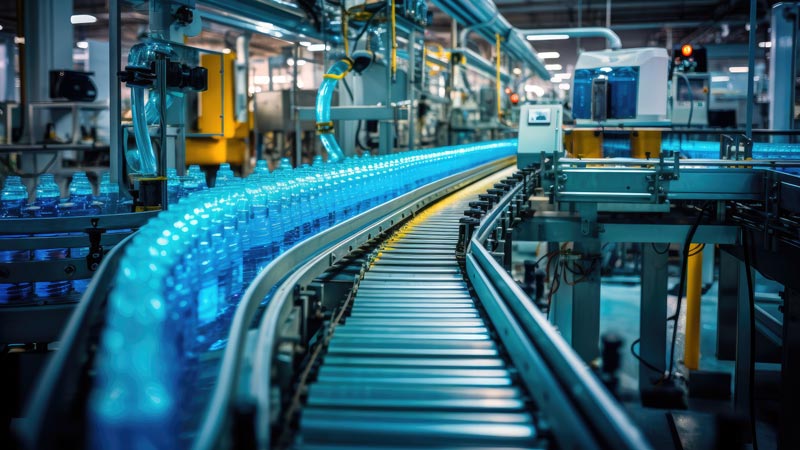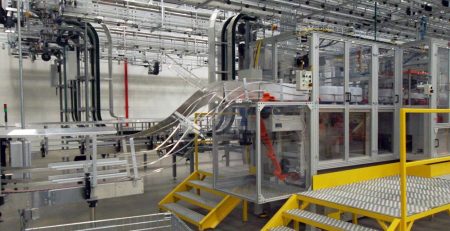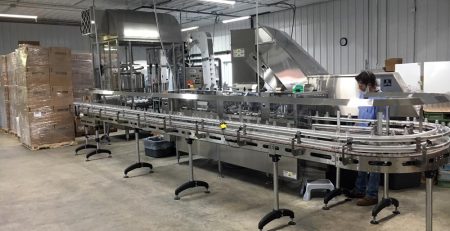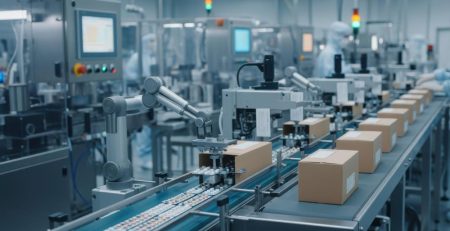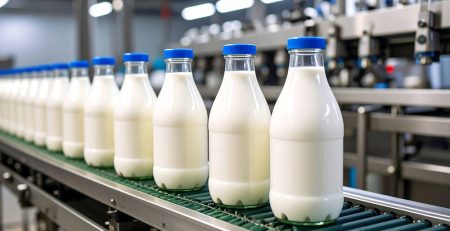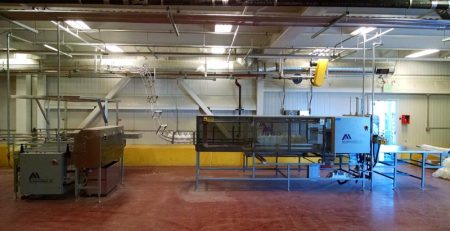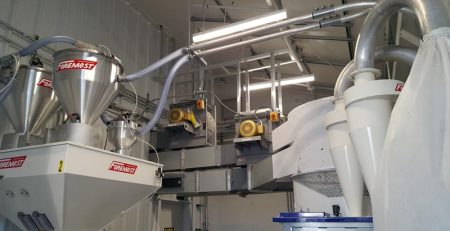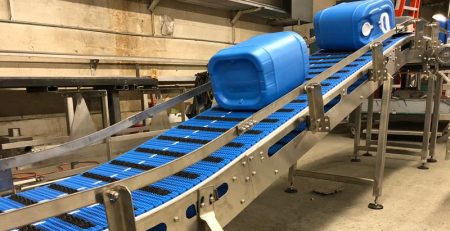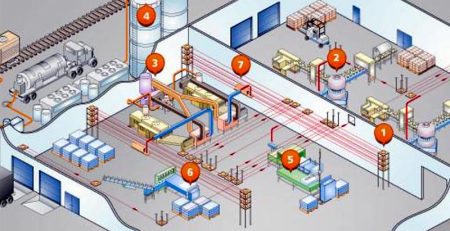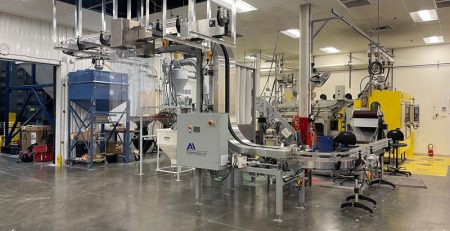The food and beverage industry is in a state of constant evolution, driven by changing consumer preferences, environmental concerns, and technological advancements. As a conveyor systems and packaging equipment manufacturer, we are at the forefront of this transformation, witnessing the trends and challenges that shape the food and beverage industry’s future. In this narrative, we will explore a trending topic from our unique perspective: the sustainability revolution.
A Conveyor Systems and Packaging Equipment Manufacturer’s Perspective
The Sustainability Imperative
Sustainability has become a central theme in the food and beverage industry, and it’s a topic that resonates deeply with us as conveyor systems and packaging equipment manufacturers. Our role in this context extends beyond mere machinery; we are integral to the industry’s ability to meet its sustainability goals. Here’s how we view this imperative:
1. Eco-Friendly Materials and Design
The shift towards sustainable packaging materials is undeniable. The pressure to reduce single-use plastics and non-recyclable packaging is transforming the way food and beverages are packaged. From plant-based plastics to compostable packaging, the demand for eco-friendly materials is changing the requirements for our conveyor systems and packaging equipment. Our designs must accommodate these new materials, ensuring compatibility and efficiency.
2. Efficient Packaging Techniques
Sustainability isn’t just about materials; it’s also about reducing waste in the production process. Our machinery needs to enable precise portioning, minimize over-packaging, and reduce energy consumption. This aligns with the industry’s growing emphasis on lean manufacturing and resource efficiency.
3. Waste Reduction
Food waste is a colossal problem globally. Conveyor systems play a crucial role in the safe and efficient transportation of food products, ensuring minimal damage and spoilage. Additionally, our packaging equipment must facilitate longer shelf life and improved preservation techniques, contributing to waste reduction.
4. Recyclability and Circular Economy
The concept of a circular economy, where packaging materials are reused or recycled, is gaining momentum. Our equipment must be adaptable to handle recyclable packaging, promote easy separation of materials, and support closed-loop supply chains.
5. Reduced Energy Footprint
Energy efficiency is a sustainability cornerstone. Our conveyor systems and packaging equipment should be designed to minimize energy consumption, incorporating features like variable speed drives and smart controls to optimize performance.
Technological Integration
As the food and beverage industry embraces Industry 4.0 and the Internet of Things (IoT), we see a growing need for smart machinery. Manufacturers are seeking conveyor systems and packaging equipment that can be integrated into connected ecosystems, providing real-time data on production, performance, and maintenance. This trend has driven us to develop intelligent equipment that not only optimizes production but also facilitates predictive maintenance, reducing downtime and resource waste.
Customization and Flexibility
Consumer demands are becoming more diverse and personalized. Manufacturers in the food and beverage industry are looking for machinery that can adapt to these changing requirements. Conveyor systems need to be modular and customizable, allowing for quick adjustments to accommodate different product sizes, packaging formats, and production volumes.
Regulatory Compliance and Safety
Food safety and compliance with stringent regulations are non-negotiable in this industry. Our equipment must meet or exceed these standards. We invest in research and development to ensure our conveyor systems and packaging equipment incorporate the latest safety features and adhere to evolving regulatory requirements.
Challenges and Innovations
While sustainability and technological integration are the driving forces, several challenges accompany these trends. They include:
1. Cost Considerations
Investing in sustainable materials and advanced technology can be cost-prohibitive for some manufacturers. Finding ways to balance these costs while still delivering value and performance is a constant challenge.
2. Skilled Workforce
Operating sophisticated machinery requires a skilled workforce. We see a growing need for training and education to ensure our clients’ teams can maximize the potential of our equipment.
3. Supply Chain Disruptions
The COVID-19 pandemic exposed vulnerabilities in global supply chains. As a manufacturer, we’ve had to rethink our own supply chain strategies to ensure a steady flow of components and materials.
4. Data Security
With the increasing digitization of equipment, becomes paramount. Protecting sensitive production and maintenance data is a priority as we move forward.
A Sustainable and Smart Future
From our vantage point as conveyor systems and packaging equipment manufacturers, we see a promising future for the food and beverage industry. The sustainability revolution is driving innovation and pushing us to develop smarter, more adaptable machinery. As the industry’s needs evolve, we are committed to providing solutions that not only meet current demands but also anticipate future challenges.
The food and beverage industry’s journey towards sustainability is a shared one, and we are an integral part of this transformation. By continually investing in research, development, and collaboration with industry stakeholders, we aim to contribute to a more sustainable, efficient, and connected future for food and beverage manufacturing. This journey aligns not only with our values but also with the broader goals of ensuring a healthier planet and better experiences for consumers.

